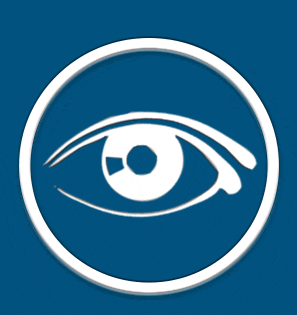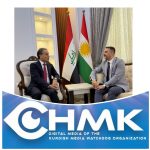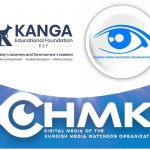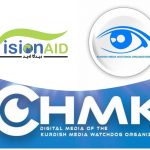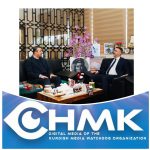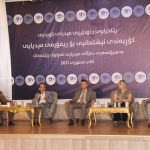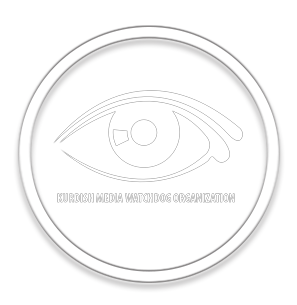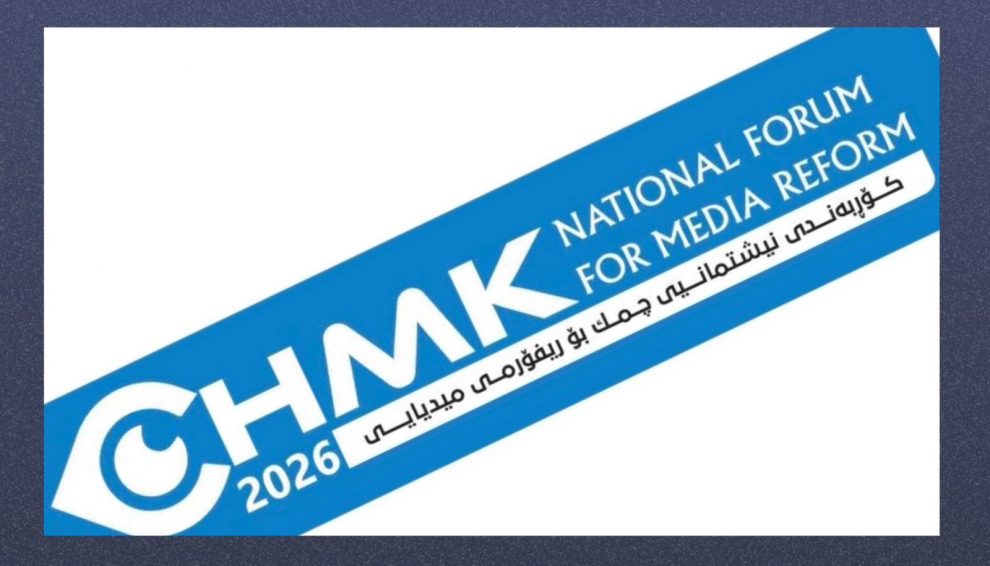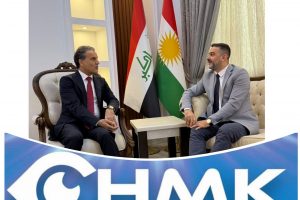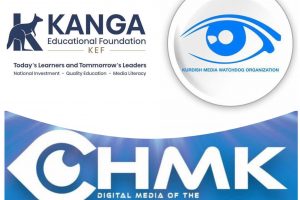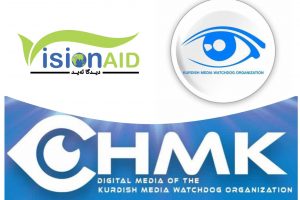On the occasion of the 128th Anniversary of Kurdish Journalism Day, the Third CHMK National Forum for Media Reform will be held on 21–22 April 2026 under the title “Media Reform in Post-Conflict Areas: An International Scientific Conference on Kurdistan’s Strategic Policy Roadmap.”
I. Forum Abstract
The Third CHMK National Forum for Media Reform outlines a strategic framework for a two-day international scientific conference dedicated to examining the key challenges of media development in post-conflict settings, with a particular focus on the Iraqi Kurdistan Region. The conference aims to address the gap between legal commitments to freedom of expression and press freedom and the practical implementation of transparent, pluralistic, and accountable media systems within complex institutional environments. Bringing together government officials, legislative and judicial bodies, academic specialists, and civil society representatives, the conference seeks to collaboratively develop evidence-based policy recommendations that support sustainable reform and long-term resilience within the media sector.
II. Executive Summary and Strategic Rationale
This forum presents a strategic framework for a two-day international scientific conference aimed at examining the critical challenges of media development in post-conflict environments, with the Kurdistan Region of Iraq (KRI) serving as the principal case study. The conference seeks to bridge the gap between legislative commitments to media freedom and the practical realization of transparent, pluralistic, and accountable media systems within contexts marked by institutional complexity. It will convene government representatives, legislative and judicial authorities, academic experts, and civil society actors to collaboratively formulate evidence-based policy recommendations that advance sustainable reform within the media sector.
- Core Challenge: The conference addresses the structural disconnect between the Kurdistan Regional Government’s (KRG) legislative frameworks for media freedom, which are often criticized as “laws on paper” 1 and the operational realities of journalists and media organizations working within environments marked by political constraints, economic sustainability challenges, and security concerns.
- Strategic Goal: To produce a comprehensive Policy Roadmap that enhances media professionalism, protects freedom of expression, and establishes institutional mechanisms, such as a National Media Council 2, for long-term media sector sustainability in post-conflict contexts.
- Organizing Partners: This initiative by the Kurdish Media Watchdog Organization (CHMK) for the Third CHMK National Forum for Media Reform is organised in partnership with several local and international institutions, as the primary partner of the conference. This collaboration brings together the expertise of civil society, the analytical rigour of academia, and the institutional engagement of government stakeholders to establish a multidisciplinary platform aimed at developing comprehensive and politically sustainable policy solutions in a timely manner.
III. Key Organizer
The Kurdish Media Watchdog Organization (CHMK): is a leading civil society organization dedicated to monitoring media content, protecting the rights of media producers and consumers, and promoting professional and legal standards within Kurdish media. Leveraging field expertise and academic networks, CHMK provides an evidence-based foundation for media development and reform. The organization has successfully convened two editions of the CHMK National Forum for Media Reform (Sulaimani, KRI, 2021 and 2025), serving as a key platform for dialogue on media regulation and the advancement of convergent journalism practices.
Forum Objectives
The forum pursues five interconnected objectives designed to generate actionable policy outcomes:
- Policy Analysis and Reform Identification: Systematically explore the opportunities and challenges associated with media reform in the Kurdistan Region of Iraq (KRI), with comparative reference to similar post-conflict contexts.
- Institutional Engagement: Examine the specific roles and responsibilities of public authorities within the KRI, including legislative, executive, and judicial branches, in advancing comprehensive media reform.
- Legal and Regulatory Framework Assessment: Evaluate existing legal, professional, administrative, and technical frameworks governing the Kurdish media sector, identifying gaps and inconsistencies.
- Legislative Recommendations: Develop concrete proposals for amending existing laws related to freedom of expression and the protection of journalists, specifically targeting the consolidation of fragmented legislation.
- Implementation Strategies: Identify practical, politically feasible solutions for addressing current issues facing Kurdish media practitioners, including safety concerns, economic sustainability, and professional development.
V. Key Thematic Framework:
The forum is organized around five critical dimensions of media reform, corresponding to essential societal actors:
- Theme 1: Media Reform and Legislative Authority: Examination of the parliament’s role in modernizing media legislation, consolidating fragmented laws, and aligning national frameworks with international standards.
- Theme 2: Media Reform and Executive Authority: Analysis of government implementation mechanisms, transparency requirements, and the operational mandates of bodies such as the Department of Media and Information and the Ministry of Culture and Youth.
- Theme 3: Media Reform and Judicial Authority: Assessment of judicial independence in media-related cases, consistency in legal application, and the protection of journalists’ rights within the legal system.
- Theme 4: Media Reform and Professional Journalism Bodies: Evaluation of professional standards, ethical codes, training mechanisms, and the institutional capacity of journalist associations and press unions.
- Theme 5: Media Reform and Civil Society Organizations: Exploration of civil society’s role in advocacy, monitoring, and accountability, including the work of media freedom, NGOs and human rights organizations.
VI. Sub-Themes of the Forum:
The detailed research framework covers the following key policy domains:
| Sub-Theme Focus | Description and Policy Relevance |
| 1. Digital Transformation and Impact | Explores the influence of digital platforms on media consumption, the proliferation of misinformation, and the implications for media credibility. |
| 2. Legislative Needs in Digital Media and Data Privacy Protection | Examines the urgent need for a comprehensive legal framework governing digital media, personal data protection, and skill development for journalists.2 |
| 3. Freedom of Expression, Journalism, and Safety of Journalists | Investigates constraints on media freedom, including incidents of arrest and assault 3, seeking legal and institutional mechanisms to enhance journalists’ safety. |
| 4. Role of Law and the Constitution in Safeguarding Freedom | Critically assesses existing constitutional and legal frameworks to propose amendments consistent with international human rights standards; analyses political and economic influences.4 |
| 5. Legal and Regulatory Frameworks for Media Reform | Addresses the necessity of establishing a politically independent National Media Council in the KRI, exploring successful international models for independent regulation.5 |
| 6. Amending and Modernizing Media Legislation | Involves a comprehensive review of existing media laws (e.g., Law No. 35/2007) to recommend necessary amendments aligned with technological advancements and global standards. |
| 7. The Judiciary’s Role in Protecting Journalists’ Rights | Evaluates judicial institutions in adjudicating media cases, advocating for judicial specialization in media law and enhanced training. |
| 8. Media Ownership and Pluralism | Explores the transformation of ownership structures toward diversified models and emphasizes the development of public service media as a cornerstone of impartial communication. |
| 9. Economic Challenges and Media Independence | Analyses financial constraints and investigates alternative funding mechanisms, institutional sponsorships, and sustainable government support models that safeguard editorial independence. |
| 10. Role of Academic Institutions and Media Literacy Education | Examines the contribution of universities in fostering professionalism, reforming academic curricula, and adapting education to meet evolving digital labour market demands. |
| 11. Enhancing Professional and Ethical Standards | Focuses on evaluating adherence to professional codes of conduct and proposing strategies for strengthening media professionalism and media literacy education. |
| 12. Representation of Reality and Social Perception | Analyses how Kurdish media construct social reality and identity, exploring the influence of media narratives on public opinion and democratic culture. |
VII. Methodological Approach
The forum employs a multi-sectoral, evidence-based methodology designed to ensure policy recommendations are both technically sound and politically implementable:
- Structured Academic Panels: Expert presentations drawing on comparative international research, empirical case studies, and theoretical frameworks.
- Multi-Stakeholder Dialogue: Facilitated discussions bringing together key institutional leaders to negotiate consensus positions.
- Thematic Working Groups: Focused sessions addressing specific policy domains (e.g., legislative reform, economic sustainability).
- Policy Documentation: Systematic recording and synthesis of recommendations into a comprehensive Policy Roadmap and Joint Declaration endorsed by participating institutions.
VI. Participant Matrix and Institutional Representation
The forum convenes approximately 60 high-level participants across four categories:
| Categories | Target Participants | Contribution to Policy Development |
| 1. Executive and Legislative Authority | KRG Department of Media and Information, Ministry of Culture and Youth, Kurdistan Parliament members | Political commitment, legislative negotiation, resource allocation |
| 2. Judiciary and Rule of Law | Kurdistan Judicial Council representatives, legal experts in human rights and media law | Evaluation of judicial independence, legal consistency, protection mechanisms |
| 3. Academic and Policy Experts | International scholars specializing in media systems, regulatory design, and transitional justice | Comparative models, evidence-based prescriptions, institutional design recommendations |
| 4. Media and Civil Society | Independent journalists, editors, press freedom organizations, legal advocates | Ground-level assessment, reform feasibility analysis, oversight body composition |
VII. Detailed Forum Calendar
Forum Dates and Location
- Dates: April 21–22, 2026
- Time: 09:30 AM – 17:30 PM daily
- Venue: London, United Kingdom
VIII. Call for Research Papers
The forum welcomes original research contributions addressing media reform in post-conflict and transitional contexts. Accepted papers will be published in a special issue of the Scientific Journal of the University of Sulaimani for Humanities.
| Submission Requirements | Specification |
| 1. Topic Alignment | Research must address forum workshop themes; original work not previously published. |
| 2. Length | 2,500–3,000 words maximum. |
| 3. Abstract | 200–250 words with 3–5 keywords. |
| 4. Languages Accepted | Kurdish or English |
| 5. Formatting | Title (16pt), Subtitles (15pt), Body text (14pt), Calibri Body font, standard margins. |
| 6. Submitting to forum email: | [email protected] |
Forum Important Deadlines
- Abstract Submission: 15 November 2025
- Abstract Acceptance Deadline: 15 January 2026
- Full Paper Submission: 25 March 2026
- Forum Dates: 21–22 April 2026
XI. Forum Costs
The organizing partners are committed to facilitating broad, inclusive participation:
- Participation in the conference is free of charge for all researchers.
- Visa expenses are the responsibility of participating researchers and invited guests.
- Travel, accommodation, and meal costs during the conference shall be covered by the researchers and guests themselves.
- All papers presented at the conference will be published in a dedicated special issue of a scientific journal. A publication fee of 250,000 IQD will be required from participating researchers.
Forum Communications
For further information or inquiries, please contact:
- General Organizer of the Conference: Associate Professor Dr. Shwan Adam Aivas
- Email: [email protected]
- Mobile: +447961238471
